[By Idowu Faleye- +2348132100608]
Imagine a game where the rules are set but constantly bent by those who created them. Nigeria’s political landscape resembles such a game, with one group seemingly holding all the aces, making it difficult for others to have a fair chance. As we approach the 2027 elections, whether Nigeria will stick to its 8-year power-sharing arrangement between the North and South has become more critical than ever. If the North grabs the presidency again in 2027, it could cause serious problems for Nigeria’s democracy and unity.
When President Muhammadu Buhari, a Fulani from the North, came into power in 2015, many Nigerians hoped for positive change. Instead, the country faced worsening insecurity, corruption, and ethnic favouritism. Under Buhari’s leadership, Nigeria became the world’s poverty capital, with over 87 million Nigerians living in extreme poverty by 2018, according to the World Poverty Clock. Despite these failures, Northern leaders did not demand accountability from Buhari.

Now, as the 2027 elections approach, there is talk of another Northern presidency. This is not just unfair—it could seriously harm Nigeria’s already fragile unity. The North has had its turn, and it’s only right that the South should lead next. Ignoring this arrangement could deepen the divisions between the North and South, leading to more conflict and unrest.
Buhari’s administration showed clear favouritism toward the North, particularly the Fulani elite. Key positions in the military, judiciary, and civil service were filled mostly by Northerners, leaving the South feeling marginalized. Insecurity worsened, with Boko Haram attacks, banditry, and kidnappings becoming widespread.
Read Also: African Poverty is Not an Act of God
The painful reality is that a data scientist study of President Muhammadu Buhari’s second term uncovered something heartbreaking: thousands of farm massacres and mass abductions were carried out by the Fulani Ethnic Militia. These weren’t just numbers; they were lives lost and families shattered.
The Council on Foreign Relations reported a staggering statistic: more than 36,000 Nigerians lost their lives due to violence during Buhari’s time in office. Imagine the pain, the grief, and the void left behind. Yet, despite this tragedy, something equally painful unfolded: silence.
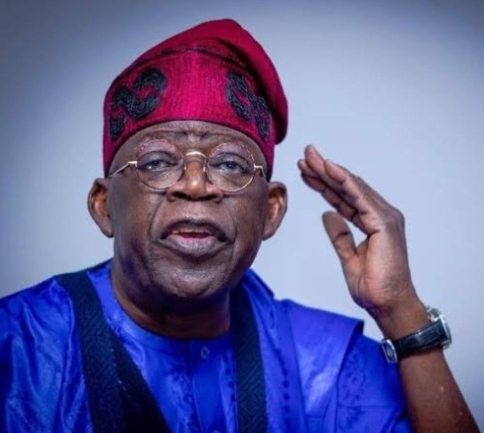
Northern leaders, who had the power to speak up, chose silence. They didn’t hold President Buhari accountable for the suffering. It’s as if their voices were swallowed by the winds, leaving the victims unheard and justice unfulfilled. In the face of such heartache, we must remember that silence isn’t neutral—it’s a choice that encourages the tormentor, and never the tormented.
In contrast, President Bola Tinubu, a leader from the South, has made serious efforts to fix Nigeria’s issues. He has worked to stabilize the economy, fight corruption, and improve security. However, Tinubu’s efforts have been met with criticism, particularly from the same Northern elites who were silent during Buhari’s presidency. It is ironic that while Tinubu is criticized for trying to solve Nigeria’s problems, Buhari’s failures are ignored because he’s from the zone that wields significant dominance over the rest of the nation.
The dominance of the Fulani oligarchy in Nigeria did not happen by chance—it was carefully planned by colonial powers. Late Chief Richard Akinjide, a respected Nigerian politician, once said, “The British designed Nigeria to ensure Northern dominance.” The 1914 amalgamation of Nigeria was not just about creating a unified country; it was a strategy to keep the North in control, with the Fulani playing a key role.
According to the respected lawyer and First Republic politician, this power imbalance is similar to the United Kingdom, where England, the most powerful nation, often dominates Wales, Scotland, and Northern Ireland. In Nigeria, the North, like England, wields significant power over the less populous South, East, and West. The population figures from the 2006 Nigerian census showed the North having over 75 million people compared to 65 million in the South, a number that many experts have questioned.
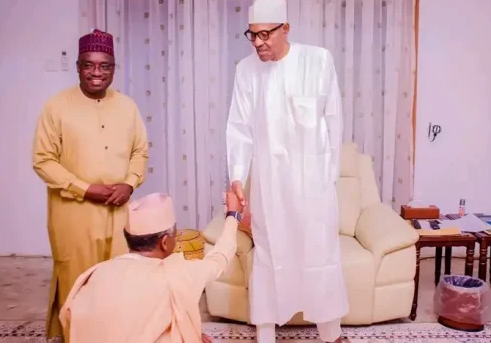
The Fulani oligarchy’s control over Nigeria is not just about numbers; it is based on a deep belief that they are destined to rule. This belief has allowed the Fulani to maintain control over Nigeria’s politics for decades and hold the rest of the nation to ransom. From the founding of the Sokoto Caliphate in the 19th century to today, the Fulani have positioned themselves as the ruling class, often to the detriment of other ethnic groups.
As the calendar edges toward 2027, a quiet but calculated dance gradually unfolds. The Fulani elites, seasoned architects of political power, are orchestrating their moves—subtle yet potent. Their playbook includes a deft exploitation of Southern politicians gullibility and whispered promises exchanged behind closed doors. Recent gatherings of Northern leaders have no other intent than to reclaim the throne of authority in the coming years. Discussions, shrouded in secrecy, revolve around capturing power once more. It’s a chess game played on a grand scale—a game where pawns are manoeuvred, alliances forged, and sacrifices made.
Read Also: Stay True to Your Dream: Do Away with Those Who Don’t Share Your Vision
The North was historically adept at maintaining its grip on power. When their grip on power is threatened, they have always wielded the weapon of military coups —a double-edged sword that slices through dissent and dissenters alike. The echoes of their foot soldiers’ chants of “We want Military to take over power” still reverberate from the recent “#End Bad Governance#” protest. It’s a cry born of frustration, a plea for change of government, but also a reminder of a darker legacy of Military Rule in Nigeria and the bloody struggles of our fallen heroes.
The military has also played a significant role in maintaining Northern dominance. Historically, military coups were often led by Northern officers who were used to reclaim power when it seemed to be slipping away. This interplay between the military and civilian rule has ensured that the North remains in control, often undermining the democratic process.
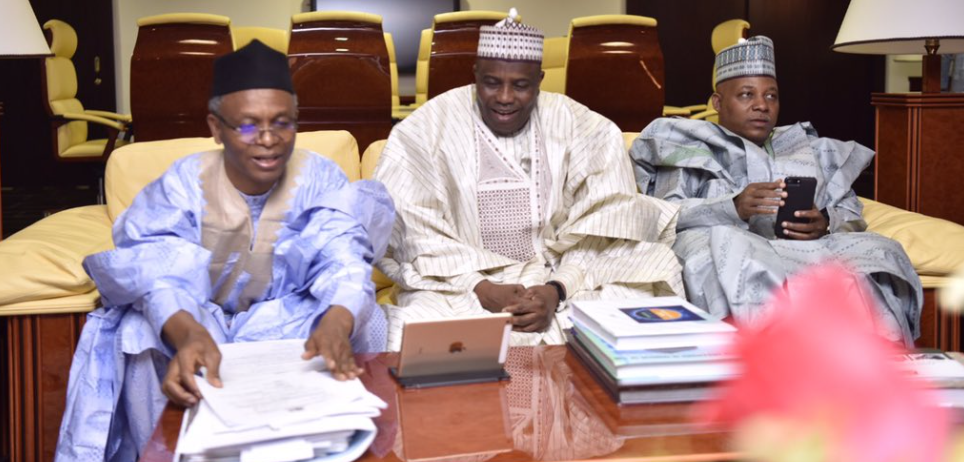
Yet, in this intricate dance, true democracy often stumbles. As we witness this unfolding drama, let us not forget the silent casualties of the exhaustive struggle to liberate our country from the grip of military rule- Late Pa. Rewane, Late Pa. Abraham Adesanya, Late Chief Gani Fawehinmi, Late Kudirat Abiola, Late Dr Fasehun and a host of others who are still alive but bear the scars of the struggle. For in the pursuit of such an agenda, the heart of our nation weeps, and our hard-earned democracy teeters on the edge.
The Fulani oligarchy has often manipulated Southern politicians to maintain their dominance. Throughout Nigeria’s history, Southern leaders have been used as tools in the North’s power games, sometimes knowingly, sometimes out of ignorance. This manipulation continues to date, with some Southern politicians already aligning themselves with Northern interests for the 2027 elections.
Read Also: The Hidden Margins Between Politics and Governance in Nigeria
If the Fulani oligarchy continues to dominate Nigeria’s political landscape, it will have serious consequences for the country’s future. Nigeria’s democracy is at risk of being completely undermined, where leadership is determined by ethnicity rather than merit. If the North takes power again in 2027, it could lead to increased divisions, possible secessionist movements, and widespread unrest.
Nigeria’s unity is already fragile, and another Northern presidency in 2027 could push the country to the brink. The Fulani oligarchy’s focus on maintaining power has often come at the expense of national development, leaving Nigeria lagging behind other African nations.
Read also: Nigeria’s Wicked Generations: From Slave Traders to Corrupt Youths
Nigerians must stand up and work towards true democracy. This isn’t just about preventing a Northern presidency in 2027—it’s about ensuring that every Nigerian, regardless of ethnicity, has an equal chance to lead and contribute to the country’s progress. The 8-year zoning arrangement must be respected, and power must remain in the South to maintain balance and prevent further divisions. Nigerians must reject the manipulations of the Fulani oligarchy, and work towards a system where leadership is based on merit, not ethnic entitlement. Only then can Nigeria achieve true democracy and unity.
As we approach 2027, the choice is clear: continue with the Fulani feudalism or rise to the challenge of building a genuine democracy. The future of Nigeria depends on the decision we make today.
References:
World Poverty Clock. (2018). Nigeria: The poverty capital of the world. Retrieved from https://worldpoverty.io/
Council on Foreign Relations. (2023). Violence in Nigeria. Retrieved from https://www.cfr.org/
Nigerian Population Census. (2006). Population distribution by sex, state, and senatorial district. Retrieved from https://nigerianstat.gov.ng/
Born in Ekiti State, Nigeria, Idowu Faleye is a Policy Analyst and IBM-certified Data Analyst with an academic background in Public Administration. He’s the Lead Analyst at EphraimHill Data Consult and the Publisher of EphraimHill DataBlog, which posts regular topics on issues of public interest. He can be reached via WhatsApp at +2348132100608 or email at ephraimhill01@gmail.com
© 2024 EphraimHill DC. All rights reserved.This article is the intellectual property of EphraimHill DataBlog. For permission requests, please contact EphraimHill DC at ephraimhill01@gmail.com.



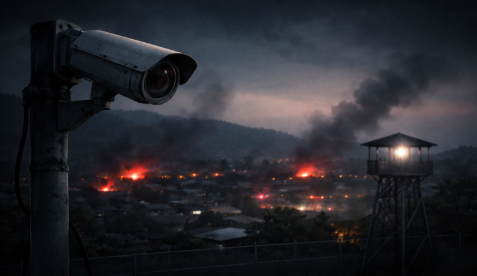



























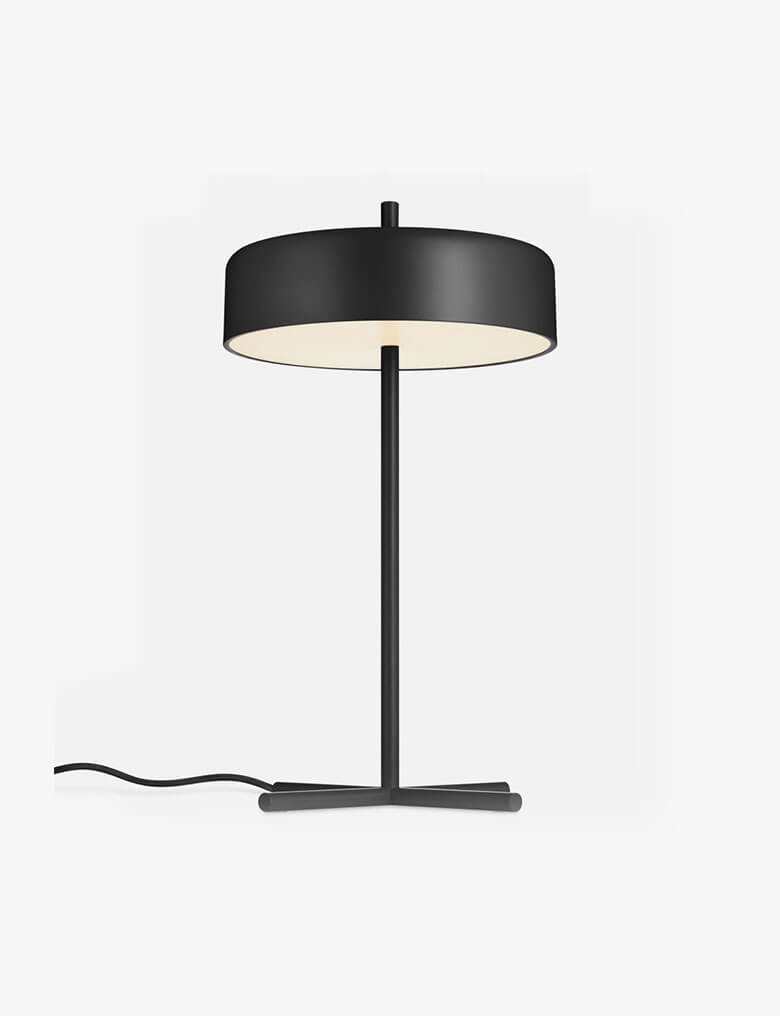












![The Trend of Insecurity in Nigeria. [Part 2]](https://ephraimhilldc.com/wp-content/uploads/2024/09/Computer-Monitoring-of-Remote-areas.png)



































